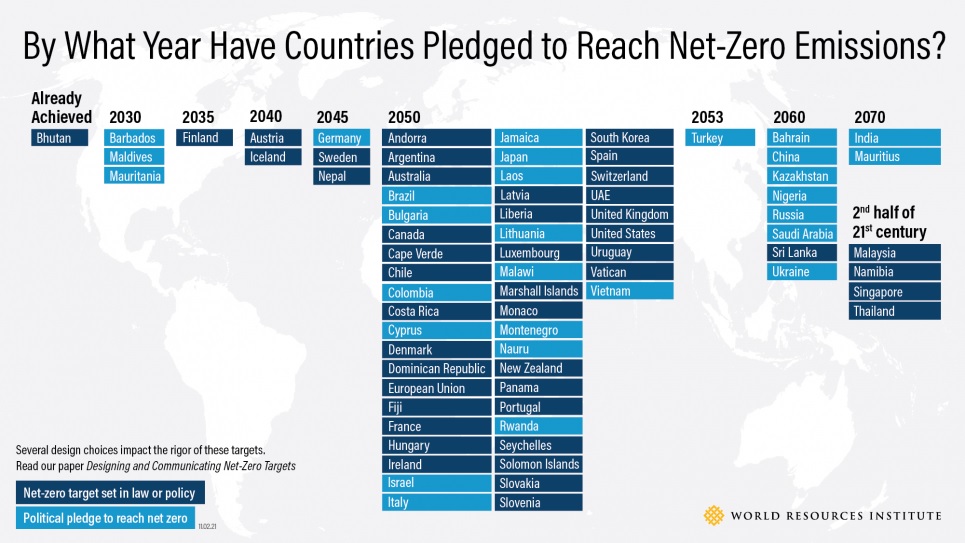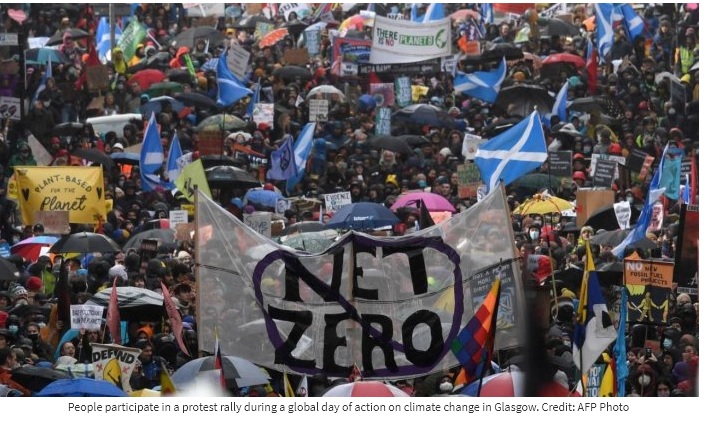Remember how the Constitution was brought into being
Remember how the Constitution was brought into being https://indianexpress.com/article/opinion/columns/how-constitution-was-brought-into-being-7653286/ 3-12-2021 G. N. Devy writes: Tribal communities, workers, peasants, students and the common people braved imprisonment or bullets and fought for the dream of a freedom that would ensure justice and equality
One agrees with the CJI that the people have kept the Constitution alive, despite the “clean chits” to architects of riots and FIRs against victims of atrocities. One agrees with opposition parties that democratic institutions have crumbled; outside as well inside the political parties. Yes, the Prime Minister was right in pointing to “family-centric” action as a hindrance to development. Indeed, catering to only a few corporate families has caused a grave economic crisis for the rest of India.
One wonders if, like the mythical Prajapati, the praja could laugh, for it knows that “once the Constitution” is no guarantee of “always the Constitution”. Surely, it is watching through millions of eyes.
Takeaways from the UN World Leaders Summit at COP26
G20 ROME LEADERS’ DECLARATION https://www.g20.org/wp-content/uploads/2021/10/G20-ROME-LEADERS-DECLARATION.pdf
Top Takeaways from the UN World Leaders Summit at COP26 https://www.wri.org/insights/top-takeaways-un-world-leaders-summit-cop26
November 4, 2021 By Helen Mountford, David Waskow, Jamal Srouji, Frances Seymour, Lorena Gonzalez and Chirag Gajjar
Over 140 countries submitted updated 2030 climate plans, or nationally determined contributions (NDCs), under the Paris Climate Agreement in advance of COP26. https://www.climatewatchdata.org/2020-ndc-tracker
COP26: Unpacking India’s Major New Climate Targets
by Apurba Mitra, Chirag Gajjar and Ulka Kelkar - November 02, 2021 https://wri-india.org/blog/cop26-unpacking-india%E2%80%99s-major-new-climate-targets

The talks need to deliver three things:
First, COP26 negotiations must conclude with countries agreeing that major emitters come back within the next couple of years to step up their 2030 targets further to align with the 1.5 degrees C goal. The only way for this goal to remain in reach is if major emitters rapidly drive down emissions in the next decade — much more than they have committed to already.
Second, developing countries deserve much more confidence that finance pledges will be met. Developed countries must reassure developing countries that shortfalls in 2020 and beyond will be filled and that there will be a significant increase in finance for adaptation and loss and damage. Glasgow should also address matters of quality of climate finance, especially to ensure that the needs and priorities of developing countries are met without creating additional debt burden.
Finally, the outstanding rules of the Paris Agreement must put the right conditions in place to accelerate efforts to cut emissions and deliver finance to developing countries. It is more important to get the rules right than to adopt rules that are weak and would undermine the global accord.
Protesters rally in Glasgow's COP26
'Capitalism is killing the planet': Protesters rally in Glasgow's COP26" https://www.deccanherald.com/international/world-news-politics/capitalism-is-killing-the-planet-protesters-rally-in-glasgows-cop26-1047887.html

Page 38 of 51
